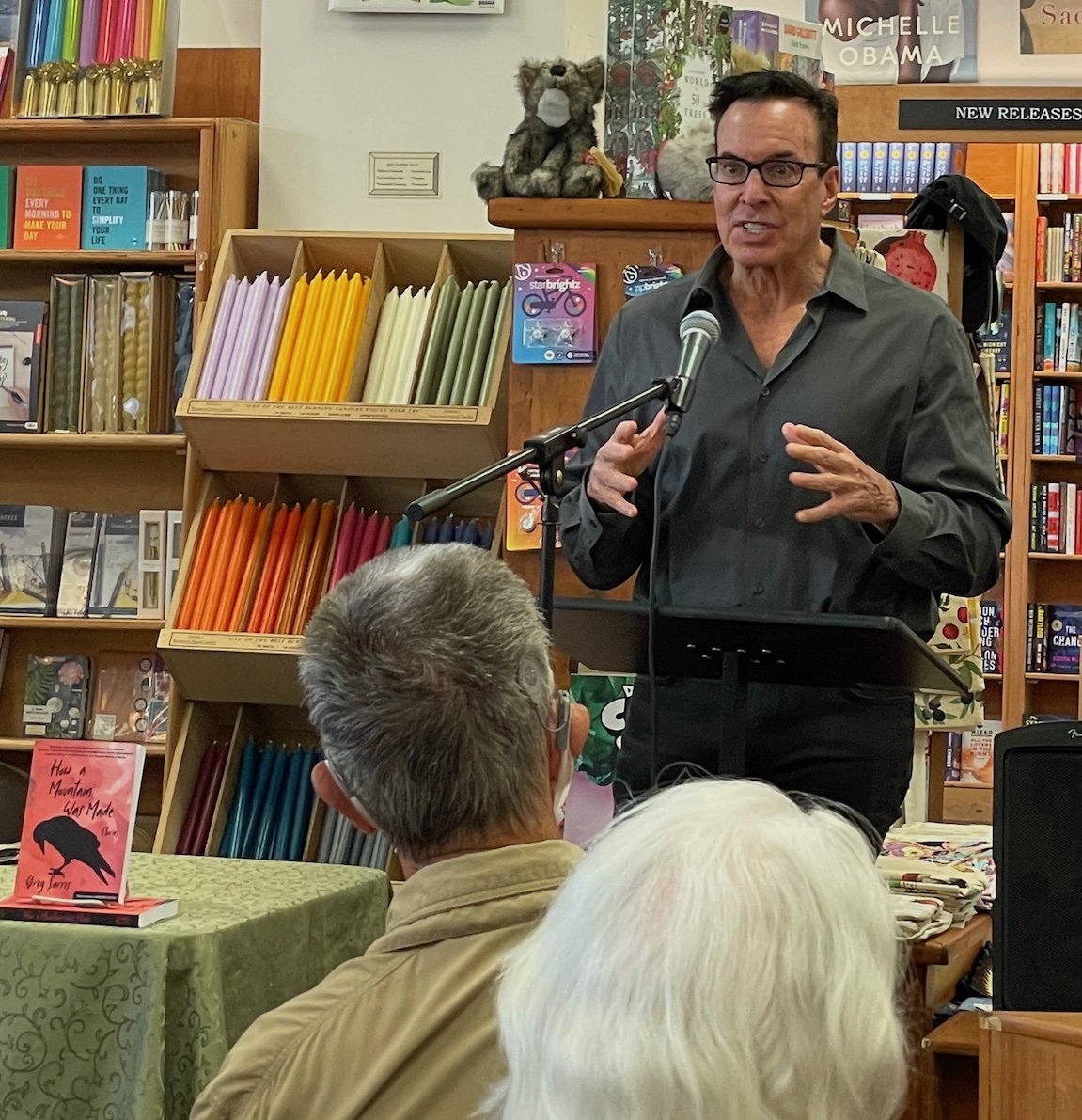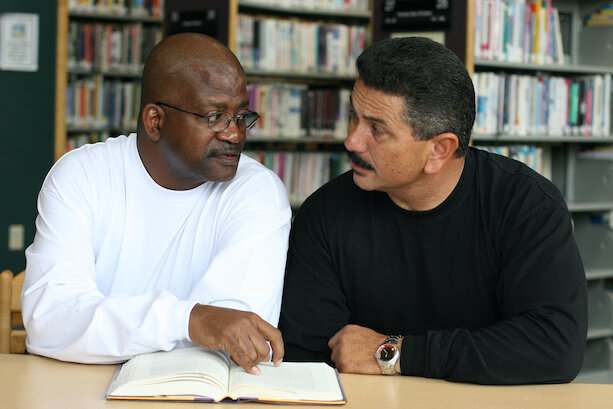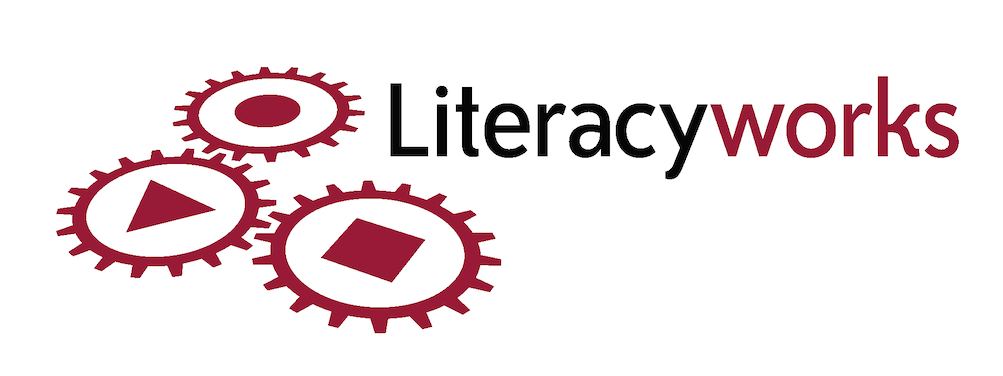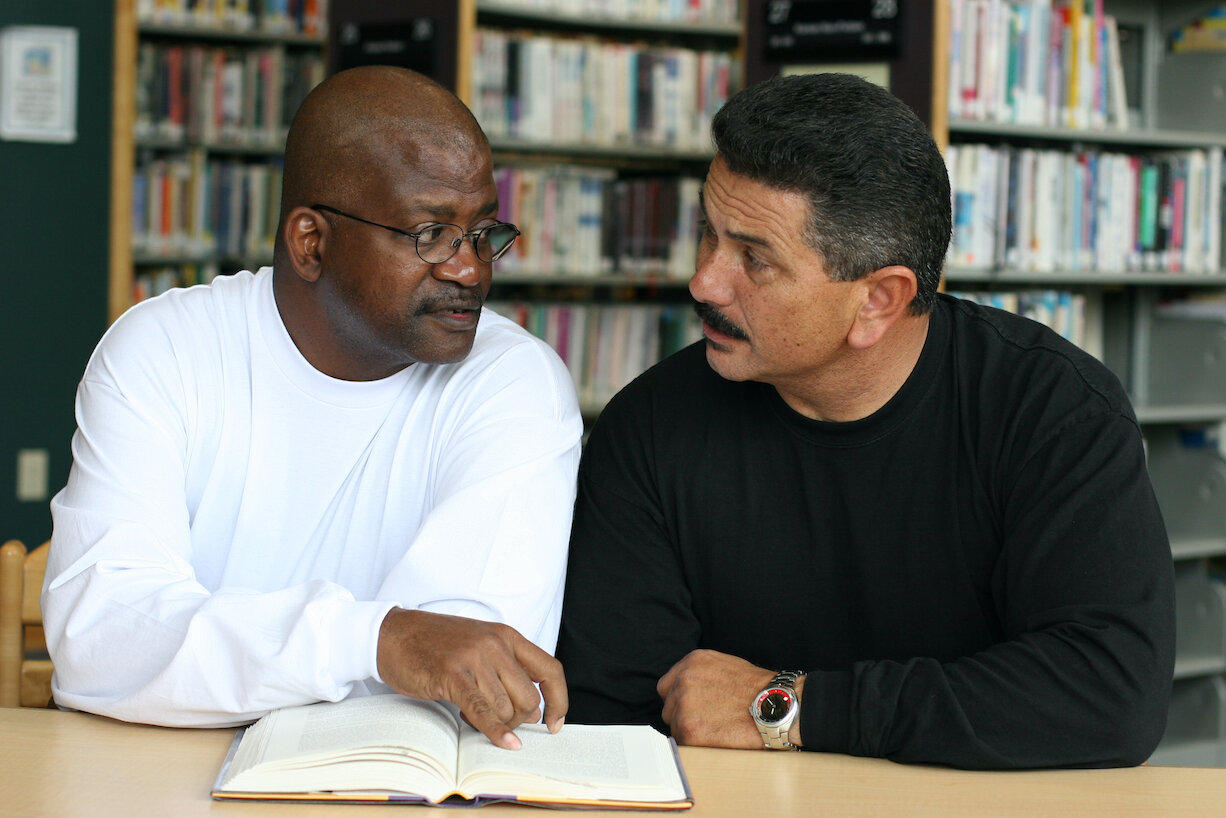I’m doing a bit of recycling with my September submission. Below is a brief article I wrote for the Friends of the Petaluma Library newsletter. There is no good censorship.
LIBRARIES ARE FOR EVERYONE (There is no good censorship)
Any book worth banning is a book worth reading. — Isaac Asimov
I have a few thoughts on our library system’s stand on the right to free expression and open-to-all philosophy. On May 1, 2017, the Sonoma County Library Commission voted on a Statement of Inclusivity reaffirming our core library values. It stated:
Public libraries have long been known as one of the truly democratic institutions. Public libraries champion First Amendment rights and promote free access to information for all. Public libraries offer services and educational resources that promote inclusion and diversity to all in the community. In light of the uncertainty many feel in our current society, we reaffirm: Sonoma County Library values diversity, empowerment, community, unity, kindness, connection, and equity. Sonoma County Library provides service to all races, all genders, all sexual orientations, all religions, all abilities, all ages, all national or ethnic origins, all languages, all citizenship statuses, all economic statuses, all political affiliations, all people. Sonoma County Library is an inclusive community hub where people intersect and thrive.
Most of us recognize that suppression, ignorance, censorship, and manipulation are the tools of tyrants and con artists. That is why we, as library advocates, support the principles of openness and accountability. We understand that everyone benefits when treated with respect, and ideas and information are freely shared.
I see Petaluma Library staff affirm that these beliefs are the right of every person, regardless of origin, age, background, or views, as they work with patrons. This freedom of expression embraces speech, press, religion, assembly, and association, and thus the right to receive information without interference from governments or extremist groups and without compromising personal privacy.
There is no good censorship. Courageous people speak up. Courageous people do something. As the American Library Association notes, the ALA rejects censorship in any form: “Any action that denies the inalienable human rights of individuals only damages the will to resist oppression, strengthens the hand of the oppressor and undermines the cause of justice.”
=====
When you see something that is not right, not just, not fair, you have a moral obligation to say something. To do something. - Congressman John Lewis
Don't join the book burners. Don't be afraid to go in your library and read every book. - Dwight D. Eisenhower
Paul Heavenridge
Sonoma County Library Commissioner - Petaluma
Student Profile
Lorenzo Rivera was part of the High School Equivalency Program (HEP) on the Santa Rosa JC campus. HEP is a Federally funded effort to assist farm workers in completing high school requirements so they can attend college and improve their career opportunities. As Lorenzo finished HEP, he enrolled in English as a Second Language classes. At that time, he also joined the Literacyworks Center program. Lorenzo attended workshops and participated fully, always offering support to other members of the group. He then became a tutor for other HEP students, giving freely of his time and skills. Lorenzo graduated from the SRJC and transferred to Sonoma State University where he majored in math.
Literacyworks staff were invited to attend a celebration honoring thirty HEP graduates. Caps and gowns and smiles were everywhere. It was clear that this group of hardworking individuals were proud of their accomplishments and optimistic about their future. Lorenzo was invited to be a keynote speaker at the event. In his usual upbeat and humorist way he encouraged all the graduates to pursue their dreams and don’t give up. After the festivities I had the opportunity to speak with Lorenzo. It turns out he not only graduated from Sonoma State, but he went on to get his teaching credential. He is now teaching high school math in Santa Rosa. It is important to note that Lorenzo was working full-time the entire time he was going to school so he could support his family. He did follow his dreams.
SUPPORT OUR STUDENTS!
Our low-income students are among the most vulnerable in our community when it comes to suffering during a disaster. Because of the COVID-19 epidemic, many of our students are suffering a loss of income and housing.
Our staff is offering additional support services to ensure our students stay in school and complete their course of study. We are proud that most have persisted and remained.
Thank you for supporting our students with your donation during this difficult time. You are making a difference in their lives with your gift.


































































